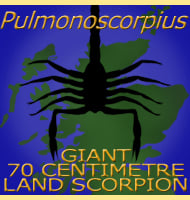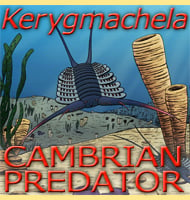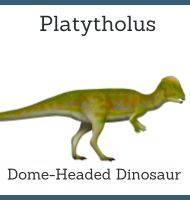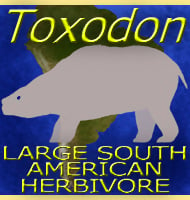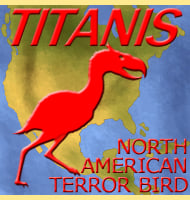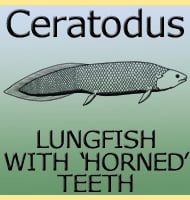In Depth
Discovered in New Zealand, Mauisaurus was for a long time credited as one of the largest plesiosaurs. However in more recent times there have been doubts about the validity of fossils attributed to the genus since these have come from so many different locations. Mauisaurus also displays the long sharp teeth often seen in elasmosaurid plesiosaurs that would have been ideally suited for snaring slippery fast moving prey.
Mauisaurus was the first plesiosaur known from New Zealand, but a second called Tuarangisaurus has since been discovered.
Further Reading
– On the fossil Reptilia of New Zealand. – Transactions and Proceedings of the Royal Society of New Zealand 6:333-358. – J. Hector – 1874. – The nature of Mauisaurus haasti Hector, 1874 (Reptilia: Plesiosauria). – Journal of Vertebrate Paleontology 25 (3):588-601. – N. Hiller, A. A. Mannering, C. M. Jones, A. R. I. Cruickshank – 2005. – A reappraisal of the Late Cretaceous Weddellian plesiosaur genus Mauisaurus Hector, 1874. – New Zealand Journal of Geology and Geophysics. 60 (2): 112–128. – Norton Hiller, Jos� P. O’Gorman, Rodrigo A. Otero & Al A. Mannering – 2017.

